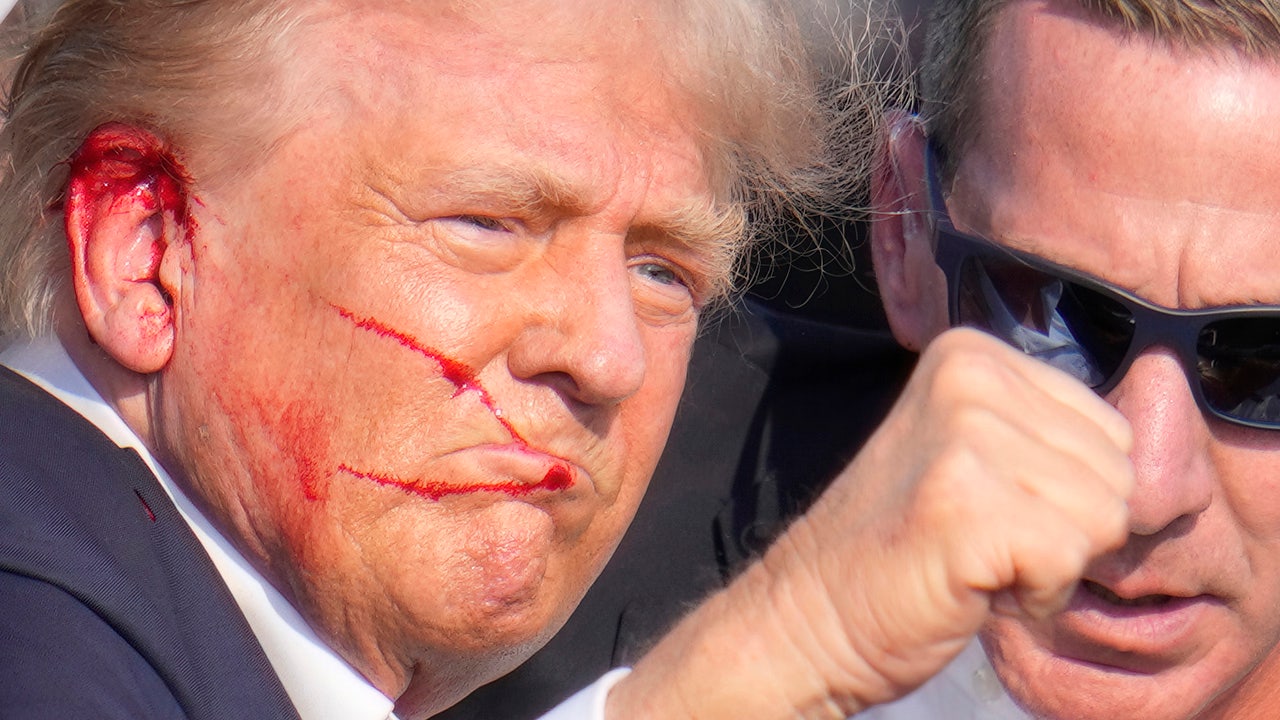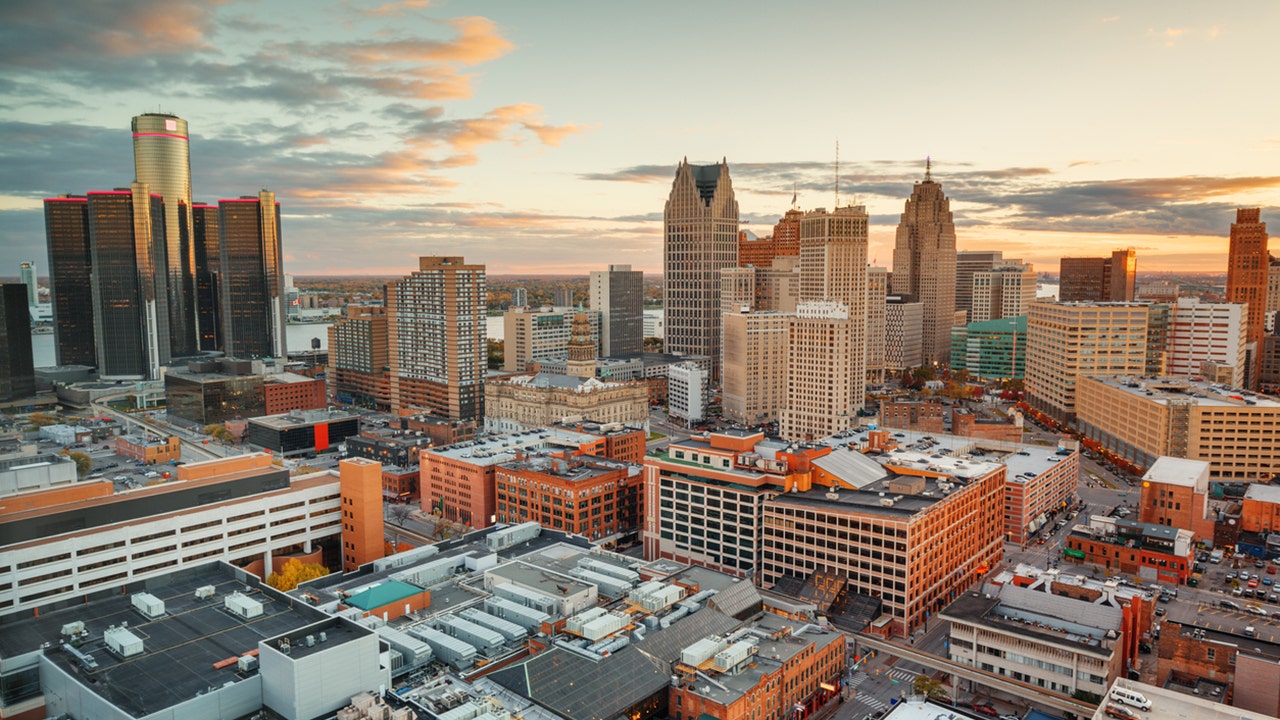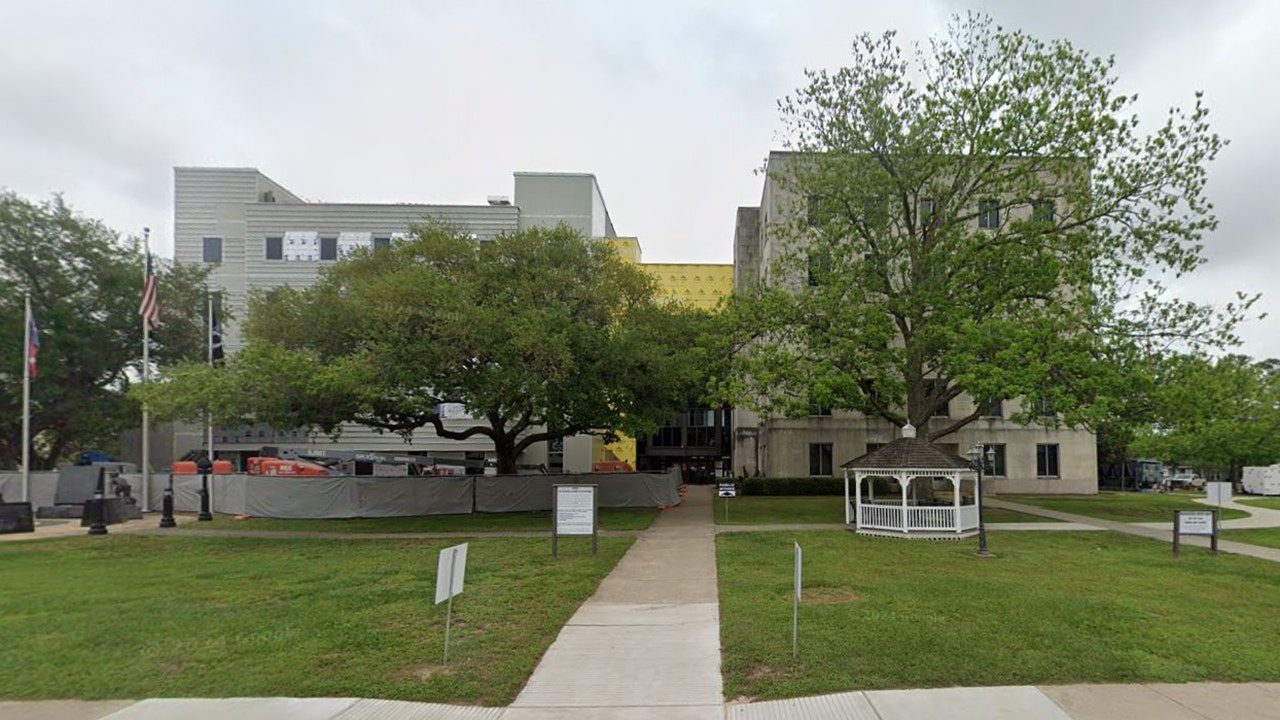After President Biden called President Vladimir V. Putin of Russia a “crazy S.O.B.” this week, the Kremlin was quick to issue a stern condemnation.
But the image of an unpredictable strongman ready to escalate his conflict with the West is one that Mr. Putin has fully embraced after two years of full-scale war.
At home, the Kremlin is maintaining the mystery over the circumstances of the death last week of Aleksei A. Navalny, preventing the opposition leader’s family from reclaiming his body.
In Ukraine, Mr. Putin is pressing his army to maintain its brutal offensive, boasting on television that he stayed up all night as the city of Avdiivka fell to Russian forces.
And in outer space, American officials warn, Russia may be planning to place a nuclear weapon into orbit, aboard a satellite, which would violate one of the last arm control treaties.
In power since 1999, Mr. Putin, 71, is set to extend his rule to 2030 in Russia’s rubber-stamp elections next month. As the vote nears, he is feeding his increasingly overt conception of himself as a history-making leader carrying on the legacy of past rulers who were willing to sacrifice untold numbers of lives to build a stronger Russian state.
But Mr. Putin also faces headwinds: a still-determined Ukrainian resistance, a Western alliance that largely remains united and murmurs of discontent in the Russian public. The question is whether Mr. Putin, as he exults in leading a “thousand-year, eternal Russia,” can avoid the domestic upheaval that has also been a repeated hallmark of the country’s history.
“Putin is living in eternity,” said Boris B. Nadezhdin, an antiwar politician who tried to mount a presidential bid to challenge Mr. Putin but was barred from the March ballot. Listing rulers dating to the ninth century, he added of Mr. Putin: “It’s clear he’s thinking of himself alongside Oleg the Wise, Peter the Great, Ivan the Terrible and perhaps Stalin.”
Mr. Nadezhdin, who has worked in the Russian government and served in Parliament, insisted in a video call interview this week that Mr. Putin’s grip on power is weaker than meets the eye. The security, stability and increased prosperity that was long Mr. Putin’s selling point after the chaos of the 1990s are all waning, Mr. Nadezhdin said; “This regime,” he went on, “is historically doomed.”
Indeed, even as Mr. Putin has worked hard to paint a picture of Russia as an invincible state, he has repeatedly been caught off guard. There was the Kremlin’s stunning intelligence failure two years ago, when Mr. Putin expected Russian troops to be welcomed as liberators and that President Volodymyr Zelensky’s government would quickly collapse.
There was the 24-hour uprising staged last summer, when Yevgeny V. Prigozhin, long viewed as a close Putin ally, brought Russia to the brink of civil war.
And, despite a crackdown on dissent that some analysts describe as more fierce than the late-stage Soviet Union, Russians are still braving arrest to show their disagreement.
A group of women has continued to stage small protests demanding that their mobilized sons and husbands be brought home; people laid flowers in memory of Mr. Navalny in scores of Russian cities; and Mr. Nadezhdin was able to submit more than 100,000 signatures last month in his bid to get on the presidential ballot with an antiwar message.
On Wednesday, Russia’s Supreme Court upheld the federal election committee’s ruling to keep Mr. Nadezhdin off the ballot. It was a sign that Mr. Putin, though he has allowed liberal candidates to run against him in past elections as displays of pluralism, is taking no chances this time around.
Instead, the Kremlin appears focused on using the presidential election, scheduled for March 15-17, as a pageant of public endorsement of Mr. Putin’s rule — and his invasion.
Next Thursday, Mr. Putin will set the stage with his annual state of the nation speech, a televised event that features the president presiding over hundreds of top officials displaying their allegiance to their leader.
Konstantin Remchukov, a Moscow newspaper editor who is close to the Kremlin, said being able to present a landslide electoral victory as proof of public support for the war appeared to be Mr. Putin’s main goal for the March election.
“The elections — and Vladimir Putin’s high result in these elections — are meant to electorally legitimize Putin’s policies, including the S.V.O.,” Mr. Remchukov said in a phone interview, using the Russian initials for “special military operation,” the Kremlin’s term for the war. “If he gets, say, 75 to 80 percent of the vote, then this will mean that the people are giving him their approval for this policy.”
Portraying the invasion as having broad public support is also allowing the Kremlin to justify its crackdown on dissent.
Footage of masked security service officers detaining critics of the war has become commonplace on Russian television. On Tuesday, Russia’s domestic security service, known as the F.S.B., announced it had arrested a visiting 33-year-old Russian American woman on suspicion of treason.
Her alleged crime: donating about $50 to a Ukrainian charity. She faces 20 years in prison.
News of that arrest came just four days after the death of Mr. Navalny, who spent more than three years in prison, including some 300 days in solitary “punishment” cells. How Mr. Navalny died in an Arctic prison known as Polar Wolf remains unknown; his spokeswoman said on Thursday that the authorities said he died of natural causes.
On Thursday, Mr. Navalny’s mother said the authorities were “blackmailing” her into agreeing to a “secret funeral” for her son.
“With Navalny’s death, the Russian regime has surpassed the late Soviet one in its cruelty and cynicism,” Alexander Baunov, a senior fellow at the Carnegie Russia Eurasia Center, wrote. He argued that Mr. Putin’s rule has gone from “a dictatorship of deceit to a dictatorship of fear, and after the outbreak of war to an outright dictatorship of terror.”
But Mr. Putin, in public, is keeping his distance from the machinery of repression that he oversees. While a spokesman said the president had been briefed on Mr. Navalny’s death, Mr. Putin himself has not commented on it.
Instead, Mr. Putin revealed this week that he was up late the night after Mr. Navalny died consumed by something else: the war in Ukraine.
In a televised meeting with his defense minister, Sergei K. Shoigu, Mr. Putin described being briefed in real time on Russia’s advance in Avdiivka until 4 a.m. last Saturday morning. At 11 a.m., Mr. Shoigu and Gen. Valery V. Gerasimov, the head of Russia’s general staff, returned to brief the Russian leader again on Ukraine’s rushed withdrawal from the strategically important city, Mr. Putin said.
Mr. Shoigu said the military had carried out the president’s order to set up loudspeakers on the southern Ukrainian front to coax soldiers into surrendering. The message was geared toward showing Mr. Putin as a tireless leader, in tune with all the details of the war.
In the meeting, Mr. Putin dismissed White House concerns about possible Russian plans to launch a nuclear weapon into orbit this year. Instead, he said, it was Russia’s new generation of nuclear weapons meant for earthbound targets that “they really should be afraid of.”
On Thursday, Mr. Putin took a further step to remind the world of Russia’s arsenal, taking a 30-minute flight in a nuclear-capable bomber. But hours later, asked about Mr. Biden’s “crazy S.O.B.” comments that the Kremlin’s spokesman had condemned earlier, Mr. Putin turned playful — a reminder of the former K.G.B. agent’s fixation on sowing confusion.
Using a nickname for Vladimir, Mr. Putin said of Mr. Biden: “He cannot say: ‘Volodya, good boy.’”






